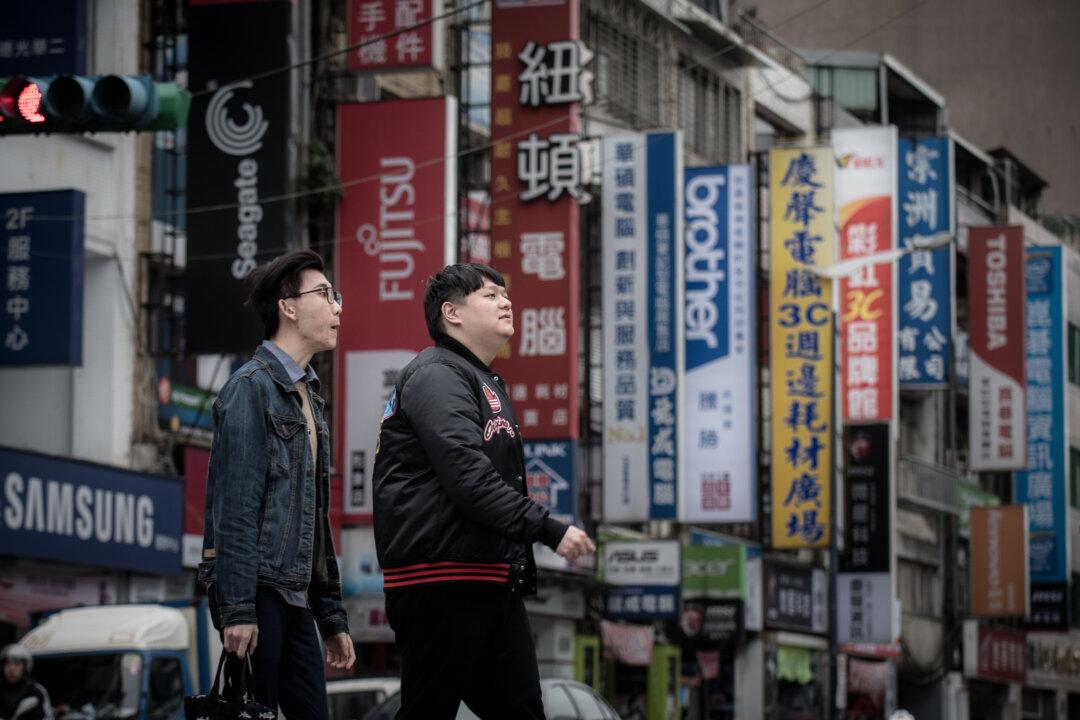WASHINGTON—As the Chinese regime continues to invest heavily in overseas political influence and propaganda operations, a new bill introduced in Congress explicitly seeks to curb such interference.
The “Countering the Chinese Government and Communist Party’s Political Influence Operations Act of 2018” was introduced on June 4 by Rep. Chris Smith (R-N.J.) and Rep. Marcy Kaptur (D-Ohio), both members of the House Foreign Affairs Committee.




